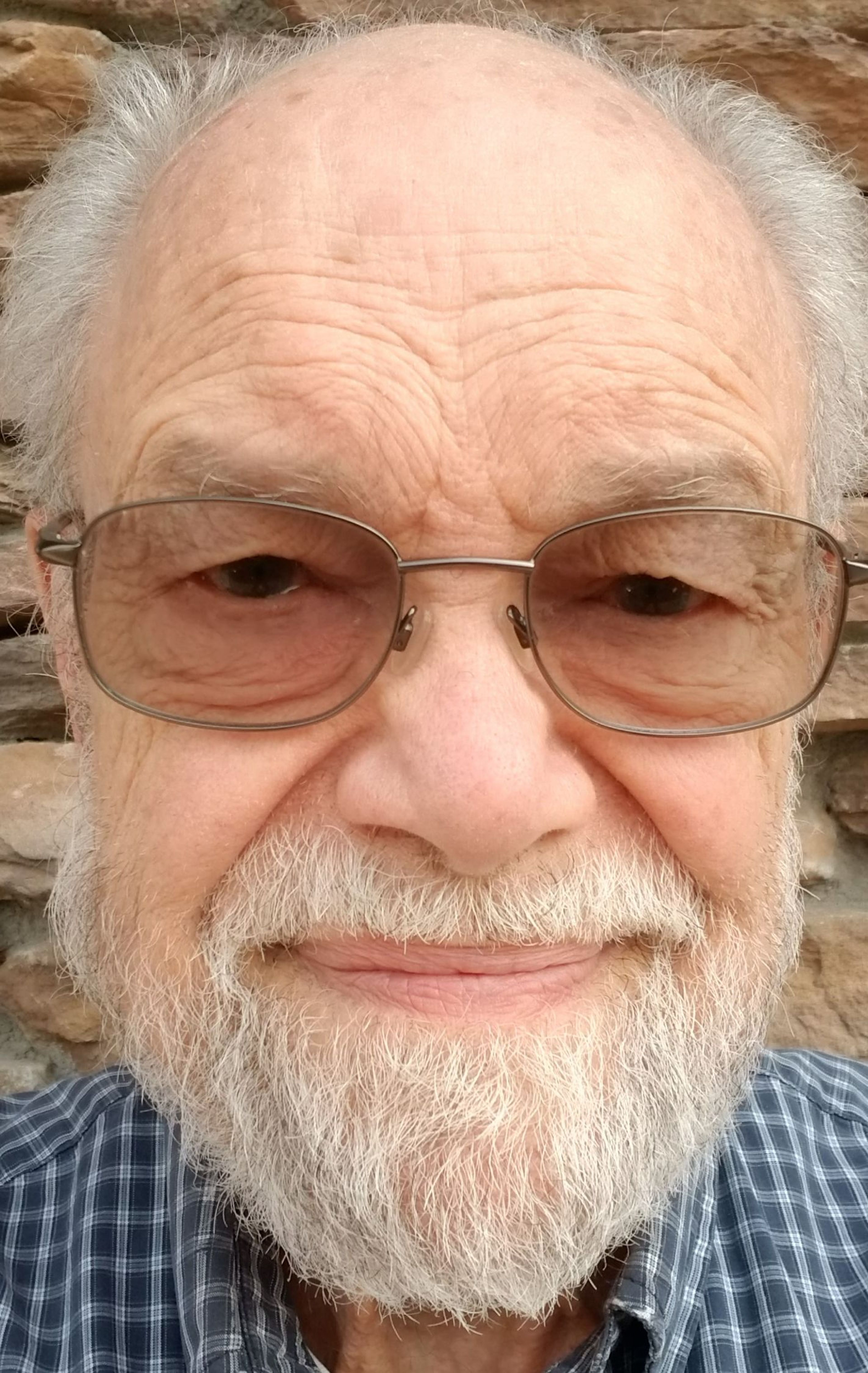“How to make an egg float,” was my first published article. It appeared in my second-grade newsletter. The three-sentence paragraph explained how to add salt to water containing an egg until the egg floats. It didn’t discuss specific gravity.
After writing and editing my way through school and college, I received an Artium Baccalaureus degree written in Latin. I greeted the world confidently with, “Hello, World. I have my A.B.”
Capitalism doesn’t welcome liberal arts upstarts. World responded, “Sit down, son, and I’ll teach you the rest of the alphabet.” One company interviewer actually asked me, “Why in hell did you major in English?”
Eventually I found work in a small public relations firm in Rochester, N.Y., with a princely 1960 salary of $100 weekly. I enjoyed my colleagues and learned a lot but was put off by the focus on telling only positive stories about clients’ products. So I switched to editing a suburban weekly newspaper at the same salary.
The publisher owned the print shop where the weekly was printed. It smelled of newsprint and printer’s ink, smells I recall fondly to this day. From molten lead, Linotype machines created individual lines of characters. Stacks of these lead lines were placed, typeface up, into a galley (a shallow tray). The type was inked to create a “galley proof” on newsprint. At night, my wife, Jolie, and I proofread them against original typed copy. We were very careful.
Next morning, typesetters corrected the proofs, and the publisher laid out each page of the newspaper, locking corrected lead stacks into a form on the flat-bed press. For a final check, he pulled a page proof. The first time he finished proofing the work I’d corrected, the page looked like he’d had a nosebleed! We proofread more carefully in the future.
After several months of commuting the 40-mile round-trip, I took a job reporting for the Rochester Democrat and Chronicle with a salary increase of 17%. The D&C was then Gannett Corporation’s “flagship paper.” As I recall, our weekday circulation exceeded 100,000, with Sundays half again as much. By 2023, those numbers had shrunk to 23,600 and 35,100, respectively.
My first role as police reporter taught me the ropes. Later, on general assignment, I covered suburban developments, the “Sewer Beat.” I also occasionally reviewed touring entertainers, like Joan Baez and Peter, Paul and Mary.
But an ambitious general manager, Al Neuharth, took charge. He later founded USA Today and steered Gannett to its current preeminence. When Neuharth tried to break the local chapter of the American Newspaper Guild, I returned to public relations at a university.
But I have many happy memories of the D&C newsroom. Our typewriters, dating from the 1920s, were well broken-in and maintained. Their action was more fluid than electric typewriters. There was often pressure, but our journalists were dedicated. We relieved the tension that’s part of the job with wacky, sometimes bawdy, humor. Shenanigans were legendary.
Our spacious newsroom smelled of tobacco smoke and newsprint. Parallel rows of individual desks faced City Desk. Bill, our city editor, surveyed his domain from there. Tall wastebaskets were scattered throughout the room, awaiting cast-off newsprint.
Bill had been with the D&C for decades. Short and pot-bellied, he wore pince-nez above cheeks reddened by alcohol-enlarged blood vessels. He pretended to be a hard-bitten newspaperman, but he was a pussycat. He swore a lot, but everyone knew he had a heart of gold.
Nonetheless, humor reigned. When Bill broke an ankle (before I arrived there), he parked his crutches in the tall wastebasket next to his desk. One day a passing reporter lit a cigarette, casually tossing the match into Bill’s wastebasket. Bill leapt from his chair, swearing. He hopped around the burning basket, groping through the flames for his crutches. Reporters hurried to the drinking fountain, forming a paper-cup brigade that eventually quenched the flames.
Bill semi-retired shortly after I arrived, but he stayed on as editorial ombudsman. He scoured each day’s paper for outstanding writing and egregious slovenliness, naming names as he shared his findings weekly with the newsroom. I still have a warm spot in my heart for Bill.
Newspaper people, generally good folk, have always been a little crazy. You have to be crazy to be one. Most newsrooms have their legends. That’s why I love them.
But newspapers are declining. No matter to me. I no longer read them because I’ve gone mostly blind with macular degeneration. But I can still smell the newsprint.
Haug and his wifely editor, Jolie, work together on many projects. Contact Haug at petes.pen9@gmail.com. His internet archives are at favs.news/author/petehaug.








